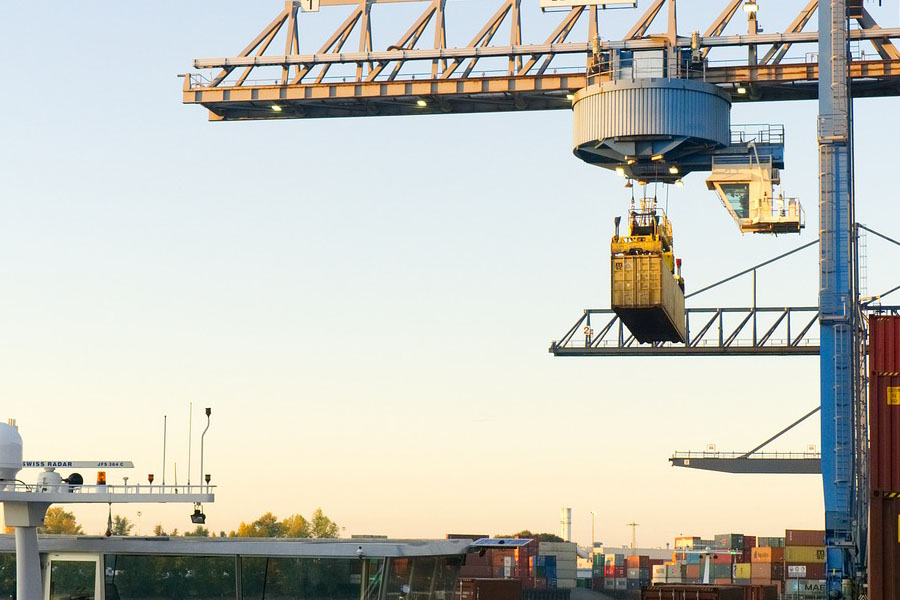
I. How exactly does export agency operate?
Export agency refers to a service model where professional companies with import-export rights (the agent) assist manufacturing enterprises (the principal) in completing the entire export process. According to the latest 2025 international trade practices, a complete export agency process includes six key steps:
- Qualification review stage: The agent verifies the principals business license, production license and other qualification documents
- Contract signing stage: Clarify rights and responsibilities clauses between both parties, including agency fee calculation method (typically 0.8%-1.5% of goods value)
- Document preparation process: The agent handles preparation of export documents including commercial invoices, packing lists, and certificates of origin
- Customs declaration procedure: Complete the customs declaration through the International Trade "Single Window" system.
- Logistics arrangement: Select shipping/air freight service providers based on trade terms (FOB/CIF, etc.)
- Foreign exchange collection and tax rebate services: The agent collects foreign exchange and assists in processingExport tax refund(Current average tax rebate rate 9.2%)
II. Why enterprises needAgency export service?
2025 General Administration of Customs data shows that 63% of small and medium manufacturing enterprises now use export agency services. Core advantages of choosing professional agents include:
- Professional agents can achieve the fastest completion within 48 hours: Save approximately 280,000 yuan annually in human resource costs for building an in-house foreign trade team
- Avoid trade risks: Professional companies handle high-risk procedures like L/C review and foreign exchange verification
- Improve customs clearance efficiency: Agents pre-classification declaration improves customs clearance speed by 40%
- Enjoy policy benefits: Agency companies can assist in applying for tariff preferences under FTAs like RCEP
III. How to choose a reliable export agency company?
Based on 20 years of international trade service experience, we recommend focusing on the following five dimensions when evaluating:
- Qualification review:
- Check AEO certification qualifications (China Customs 2025 new edition certification standards)
- Confirm the enterprise qualification in the list of the State Administration of Foreign Exchange
- Capacity of service:
- Whether having special commodity export experience (e.g., medical devices, chemical products)
- Number of target markets covered by overseas customs clearance network
- Security of fundsRequire provision of bank fund supervision account agreement
- Informatization levelIs the goods tracking system and electronic customs declaration platform equipped
- Wind control systemReview trade compliance training records and past dispute handling cases
IV. FAQ on export agency
Question 1: Will agency export affect the companys ability to obtainExport tax refundAnnouncement No. 38 of the State Taxation Administration in 2025 clearly states that:
No impact. According to Announcement No. 18 of 2025 by the State Taxation Administration, manufacturing enterprises under agency export mode can claim tax refunds by submitting the Agency Export Certificate.
Question 2: How to prevent agency companies from misappropriating foreign exchange payments?
It is recommended to adopt dual-header customs declaration mode, require the agency to provide a foreign exchange receipt bank supervision account, and agree on a T+3 working day settlement period.
Question 3: What basic materials are required for agency export?
The basic documents include:
- Purchase and sales contract (specifying agency export clauses)
- Product compliance certificates (such as CE certification, MSDS reports)
- Proforma Invoice
As a foreign trade expert with 20 years of experience, the author suggests that when selecting agency export services, enterprises must conduct on-site inspections of the agency companys operational processes, paying special attention to their capability to handle new trade barriers such as the EUs 2025 New Battery Regulation and the U.S. UFLPA Act. Professional agency cooperation can reduce overall export costs by 15%-20%, making it particularly suitable for SMEs with annual export volumes below 30 million yuan.


 Follow Customer Service WeChat
Follow Customer Service WeChat